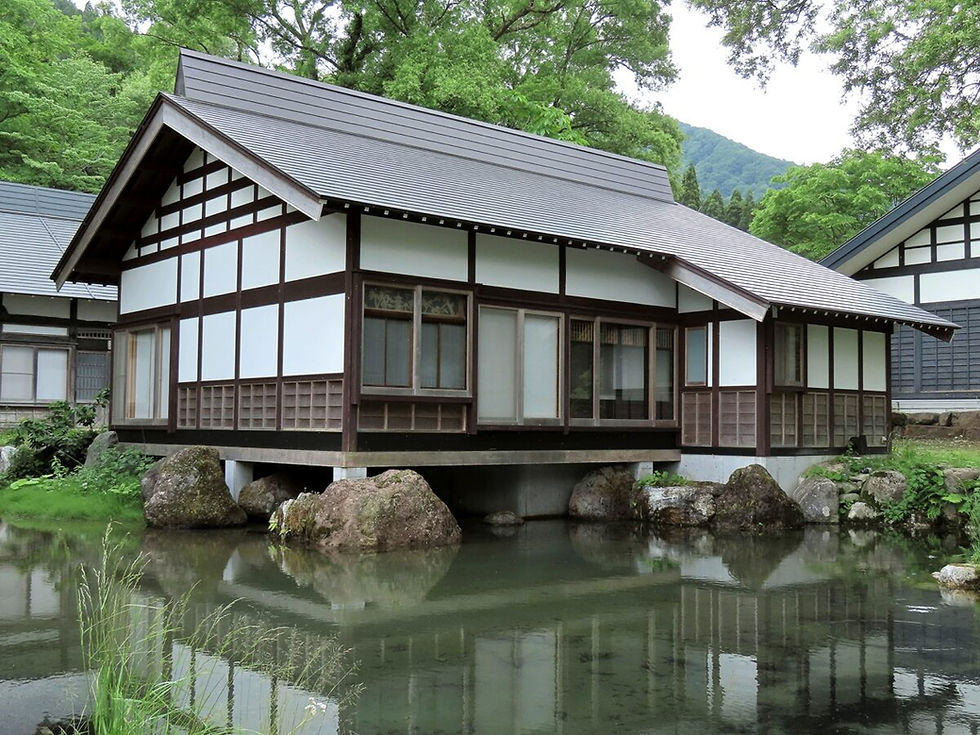Rental Contract types in Japan: Fixed Contract VS Normal Contract
- FIRST STEP Co,. Ltd.
- Oct 10, 2023
- 2 min read
In Japan, there are primarily two types of housing lease contracts: fixed-term contracts (定期借家契約, teiki shakuya keiyaku) and standard contracts (普通借家契約, futsū shakuya keiyaku).
1. Fixed-term Contract (定期借家契約, Teiki Shakuya Keiyaku):

- Duration: This type of contract has a set duration, typically for 2 or 4 years. At the end of the contract period, both the tenant and landlord have the option to terminate the agreement. In some cases, the landlord states at the very beginning that it is a non-renewable fixed contract which means the landlord has no intention to continue leasing the property after the period ends.
- Rent Changes: The rent is usually fixed for the duration of the contract. However, there might be provisions for rent increases under specific circumstances.
- Termination: The landlord cannot ask the tenant to leave before the contract expires, except for reasons outlined in the law, like non-payment of rent or damage to the property. Please note that the owner may choose to not re-do the contract when the term ends so this type of contract is a bit risky for long-term tenants.
- Renewal: After the contract ends, it can be renewed with a new fixed contract or transitioned into a standard contract with the consent of both parties. However, if it's a 4-year contract the tenant doesn't have to pay a renewal fee after 2 years so it could be advantageous in some cases. The tenant must pay attention if it is a renewable fixed contract or a non-renewable fixed contract.
2. Standard Contract (普通借家契約, Futsū Shakuya Keiyaku):

- Duration: This type of contract does not have a set duration and can be open-ended. It is renewed every 2 years and continues until either party decides to terminate it, usually with one or two months' notice.
- Rent Changes: The rent can be increased, but the landlord must provide a reasonable explanation and notice in advance. There are also legal limits on how much and how often the rent can be raised.
- Termination: The tenants have more flexibility in terminating the contract, as long as they provide the required notice as outlined in the contract and Japanese law. It is more difficult for the landlord to terminate and they must provide a valid reason for termination.
- Renewal: The contract automatically renews after its initial term unless either party gives notice to terminate. There is a renewal fee each time. The renewal fee is usually 1 month rent or 2 months rent or 1 month rent + administration fees.

It's important to note that these are general characteristics, and there can be variations within each type of contract. Always consult with a legal professional or a real estate expert for advice tailored to your specific situation. Author K
Comments